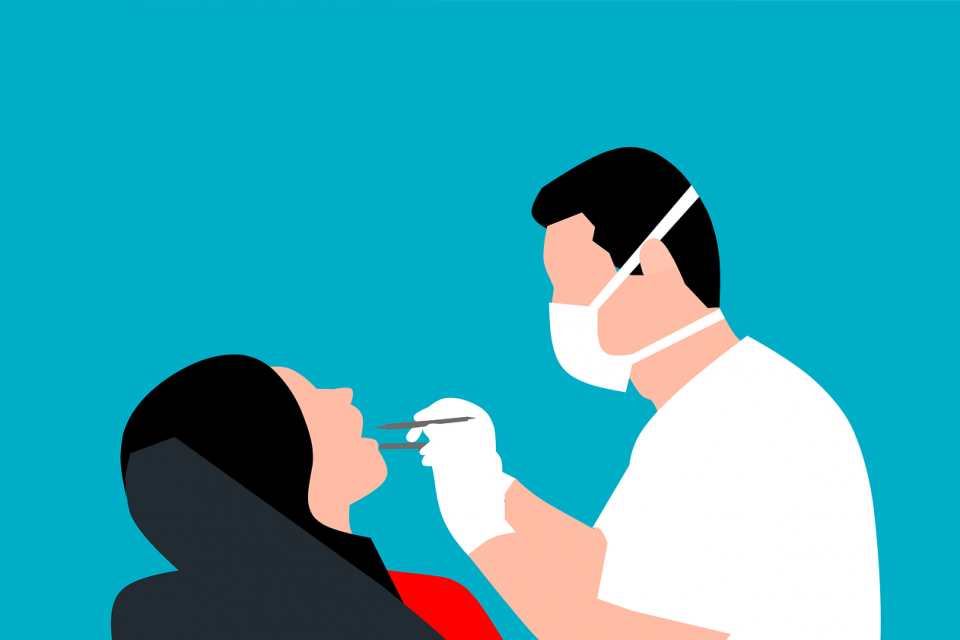Patients see things differently than dentists. Often, what is important to dentists is not important to patients and vice versa. This seems like the hysterical discovery of the obvious, but dentists often have a blind spot when it comes to seeing things from a patient’s viewpoint.
We often have a similar blind spot in our ability to communicate with patients. When asked to rate their ability to communicate with patients, 60% of physicians rated themselves in the top 10%.
Dentists would probably have similar results.
Communication is key to any relationship. Why then do healthcare professionals, dentists specifically, often have poor communication skills with their patients? There is no one answer to this question, but we (dentists) all struggle with communicating with patients at some level.
Dentists often get a bad rap – in the media, interpersonally, and even in the movies. We (dentists) are often starting with a disadvantage in the relationship with our patients. Some patients, who may really need and want care, have preconceived notions such as fear without basis, an unpleasant past experience, or the idea that they just can’t afford it. It is more difficult to build a trusting relationship in these situations. Of course, there are many patients who love their dental office, but there are still even many of those patients who dentists have trouble communicating with.
I think the biggest problem we (dentists) have in many of these communication issues is time. Dentistry is a business, and an expensive business to run efficiently. When time is money, dental income to support the business comes from work being done in the chair. This creates yet another blind spot for the dentist.
Dentists may be great tooth fixers but in general are poor communicators. Anyone can drill on a tooth but not everyone has meaningful communication skills. When was the last time a dentist sat down with you for an extended conversation to discuss your personal situation, the importance and relevance to getting good dental care and its significance to systemic health? When was the last time a dentist helped you work through your particular barrier (fear, money, time, lack of concern, trust) to getting a healthier mouth? I know I have room for improvement.
Meaningful communication skills come more easily to some than others. For most of us, it seems it is always work in progress. I’m sure you can think of numerous past experiences of poor communication and realize later how the situation could have been better handled. I can think of many. Our way of communicating is often ingrained in us. If we wish to improve our communication skills, we (dentists and everyone) must first become aware or more mindful of these interactions. Only then can we work on improving this skill. That takes time, and time is again a factor.
Dentists need to recognize, fully understand and be able to manage the different barriers that prevent patients from getting the care they deserve. Every patient has their own issues, their own concerns, their own personality and their own true or false notions about dentists and dentistry.
Relationships take time to develop. Talk with your dentist about anything that is holding you back from improving your dental health. These conversations build trust. Trust is the key factor in the dentist-patient relationship.
….to be continued
Dr. St. Clair maintains a private dental practice in Rowley and Newburyport dedicated to health-centered family dentistry. He has a special interest in treating snoring, sleep apnea and TMJ problems. If there are certain topics you would like to see written about or questions you have please email them to him at jpstclair@stclairdmd.com




